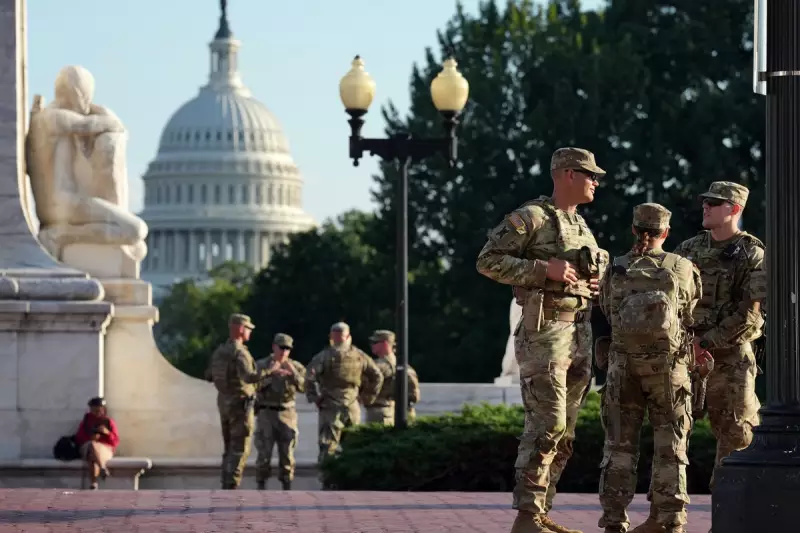
In a move that has reignited the debate on federal power versus local governance, former President Donald Trump has unveiled a sweeping new anti-crime proposal specifically for the nation's capital. The controversial plan promises a dramatic overhaul of Washington DC's criminal justice system, seeking to impose tougher sentences and bolster police authority.
The announcement, made to a supportive audience, positions the bill as a direct challenge to the District of Columbia's local autonomy. Mr Trump declared his intention to 'crush' crime in the city, criticising current local policies as being too soft on offenders.
A Direct Challenge to Local Autonomy
The proposed legislation represents a significant federal intervention into DC's affairs. It aims to reverse several criminal justice reforms enacted by the city's council, including provisions that would limit mandatory minimum sentences and increase the use of alternative rehabilitation programmes.
Central to the bill are measures designed to enhance sentencing for a range of offences and expand the powers available to law enforcement officers. This approach aligns with the 'tough on crime' rhetoric that was a hallmark of Mr Trump's previous administration.
Sparkling a Heated National Debate
The proposal has immediately drawn sharp criticism from civil liberties groups and DC local officials, who condemn it as an unconstitutional overreach that disregards the will of the city's residents. Advocates for criminal justice reform argue that such punitive measures have been proven ineffective and disproportionately affect minority communities.
Conversely, supporters of the bill argue that rising crime rates in the capital necessitate a stronger, more decisive response from federal authorities. They contend that the safety of citizens and visitors to Washington DC is a matter of national importance, justifying the intervention.
The bill is likely to face fierce legal and political challenges, setting the stage for a protracted battle over crime, punishment, and who ultimately has the authority to govern within the District of Columbia.





